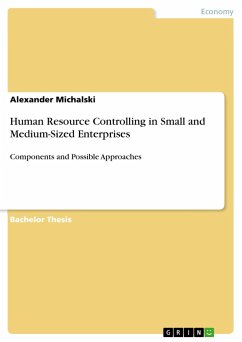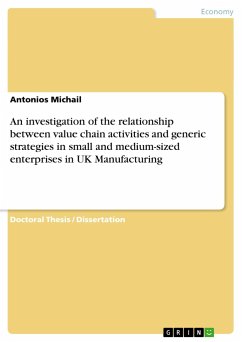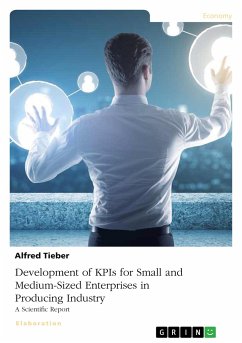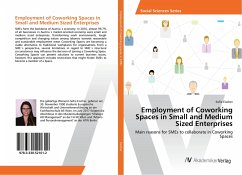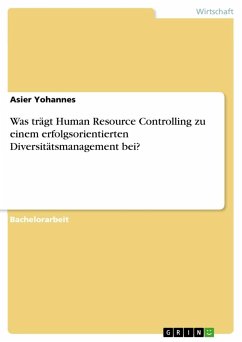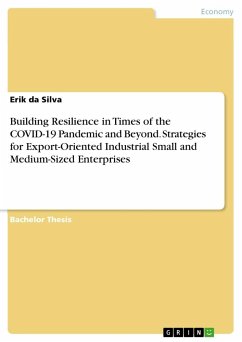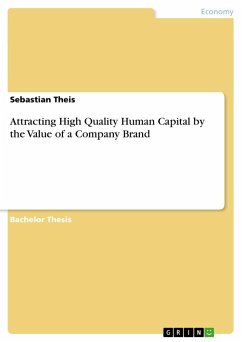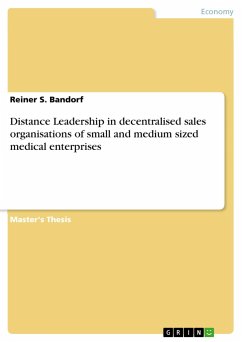Bachelor Thesis from the year 2011 in the subject Business economics - Business Management, Corporate Governance, grade: 2,0, International University of Applied Sciences Bad Honnef - Bonn, language: English, abstract: The comprehensive application of human resource controlling (HRC) instruments for measuring the contribution of human resource management (HRM) to corporate success is already fully implemented in larger corporations. In small and medium-sized enterprises (SMEs), however, HRC is predominantly insufficiently used. Knowing that, the research focused on components and possible approaches for HRC in SMEs. The research methodology combines the evaluation of relevant academic literature and primary data uncovered out of four expert interviews. The collected data revealed that the application of the controlling process which contains goal definition, performance measurement and comparison, variance analysis and corrective actions can enhance effectiveness and efficiencyofHRM activities. Accordingly, an integrated HRC requires instruments which are operational and strategically aligned, relevant, goal and future oriented. Assessing the impactof HRM activities, possible controlling instruments are the balanced scorecard with its learning and growth perspective mainly important for HRM and the human resource scorecard (HRSC) which evaluates HRM activities in the scope of value creation for workforce success. Related measurements are, for instance, the audit and analytical approach, the full-time equivalent, the human resource portfolio and applications out of human capital management. Having compared HRC in larger corporations and SMEs, the research concludes that possible approaches for HRC should be implemented by executing a projectand for further improvement of already existing HRC systems the introduction of a HRSC might be appropriate. Finally, HRC in SMEs should be based on an integrated HRM in order to evaluate and control HR activities operationally and strategically.Key words:Human resource management, HR-Controlling, Small and medium-sized enterprises

